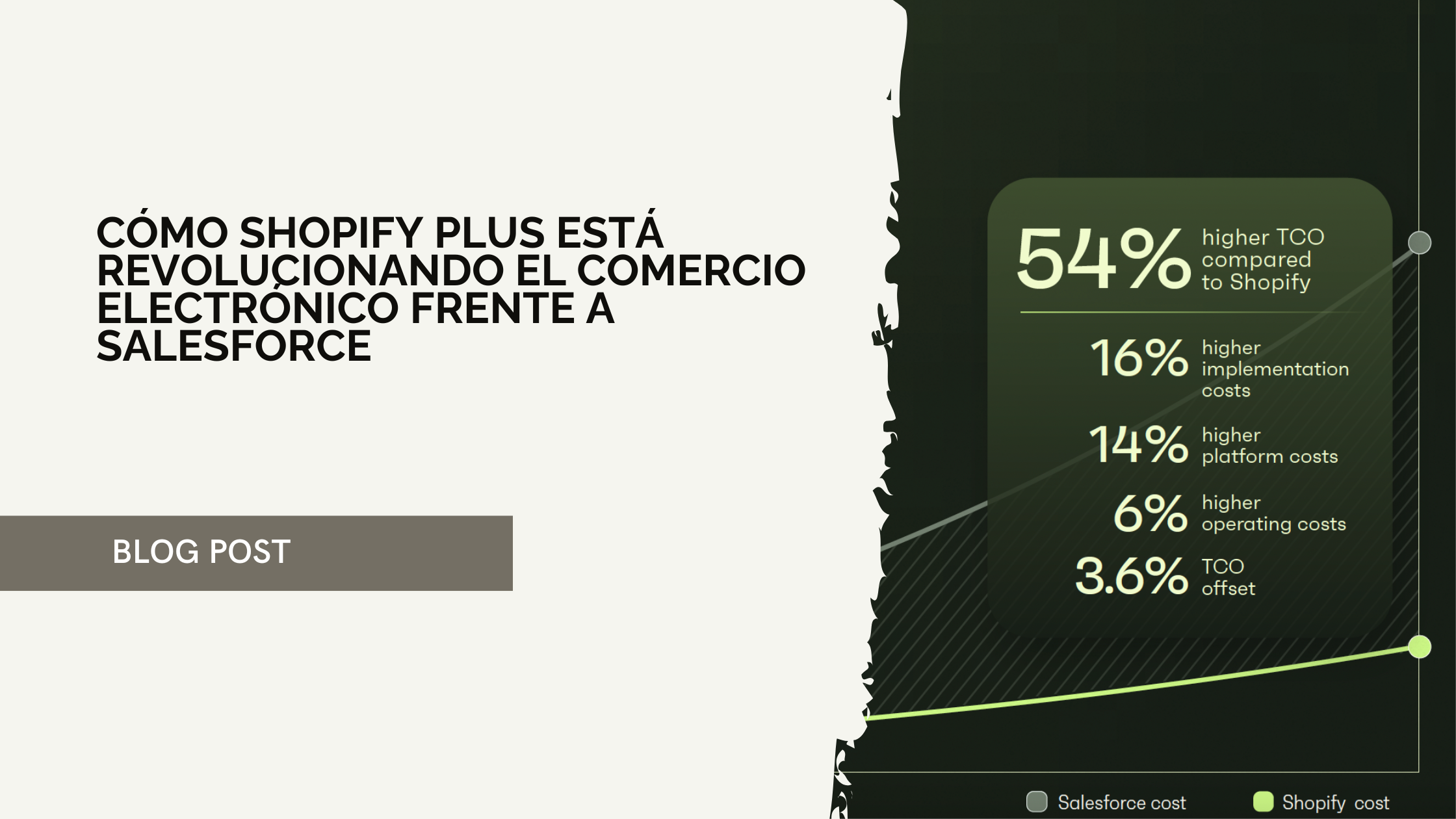Increase the conversion rate and loyalty of your customers thanks to personalization.
Nowadays, it is vital that ecommerce businesses have a personalized strategy. This influences the ability to retain customers and a user's conversion rate. Customers prefer online stores that manage to connect with them and offer them content of interest. Thanks to the data you collect from your users (purchases, products viewed, behavior on the web...) you can impact them more effectively, reducing the rate of bounce and therefore increasing the permanence of your customers on your website. Therefore, it is essential that e-commerce companies implement a personalization strategy.
Why is it important to provide our customers with a personalized experience?
By personalizing your website based on your user's data, you are providing a unique and relevant experience, and you are also differentiating yourself from your competitors, offering the customer what they need. In this way you will be able to create a stronger bond with them, increasing their fidelity and loyalty.
In this post, we are going to analyze the importance of personalization in different parts of your ecommerce and how you can achieve it. So keep reading.
Personalization in content:
It's the most obvious part of customization and probably the easiest to implement. You must ensure that your content adapts to the tastes and needs of each client. For example, if a customer has purchased beauty products, you would ideally want to show recommendations for other beauty-related products in the future. This way, the next time your customer enters your online store, they will first see products that interest them or may interest them, since they are related to the purchase they made previously. Additionally, depending on where these users are, you can show them unique and different offers based on their recommended products.
Personalization in the user experience:
Personalizing the experience of use and understanding of your website by your users is essential. A good user experience will increase the conversion rate and also keep customers coming back to the store. To achieve this, we suggest implementing a search system in your ecommerce that suggests relevant products or categories according to your customers' searches. The search engine is usually one of the most forgotten in online stores, but you must take advantage of the potential it has, since it is the place where the customer directly writes what they are looking for. If you don't have the product they want, take the opportunity to recommend similar products that they might like. It is also important to consider the accessibility, design and navigation of the site.
Personalization in customer service:
The customer service channel is always a delicate point, since the customer goes to it when they have a problem or cannot find a product, which is why it is important to work on personalization, so that they feel satisfied and well cared for. It is important that your support team knows your products in depth and can advise and make recommendations about them, whether through email, online chat or by phone. It is also advisable to have a section on the website aimed at resolving doubts and customer service, where customers can find useful and detailed information about the products they offer.
Personalization in your marketing communication:
A personalized marketing strategy is one that focuses on transmitting the right message, at the right time, and on the right channels. It makes no sense to show ads for hardware products to someone who is interested in buying fashion products. Therefore, leveraging the data collected about customers to create personalized messages, promotions and exclusive offers is essential to increase sales and improve customer relationships. Furthermore, the message you transmit through the different channels must be unified and consistent; it does not have to always be the same, but it does have to be related to what we want to convey to the client.

Personalization at checkout:
The most important part within your ecommerce is the checkout part, since it is the last step before making the purchase. We can take advantage of this section to make suggestions to our clients for cross-sell or up-sell products and increase the price of the order.
How to get it:
While each ecommerce is different, and has its own needs and requirements, there are some common tools and practices that can help you personalize the customer experience.
- The first is to collect data: It is important to know your customers, what they like and what they are looking for in your ecommerce. You can do this through surveys, contact forms, purchase histories, on-site behavior, or data analysis tools.
- Another way to achieve this is by using marketing and ecommerce management tools and applications that allow you to automate marketing processes in order to send personalized emails, segmentation of the customer database, design of landing pages, and so on. greater ease.
As we have seen, personalization can be a great competitive advantage for an ecommerce. Show customers that you value them, understand them, and are there to help them. In addition, it is an effective practice to increase sales and retain customers who feel connected to your brand. If you haven't customized some aspects of your ecommerce yet, it's time to start. Try the strategies we mention in this post, and obtain notable benefits in your business or contact us and we will help you achieve it. Talk later?




